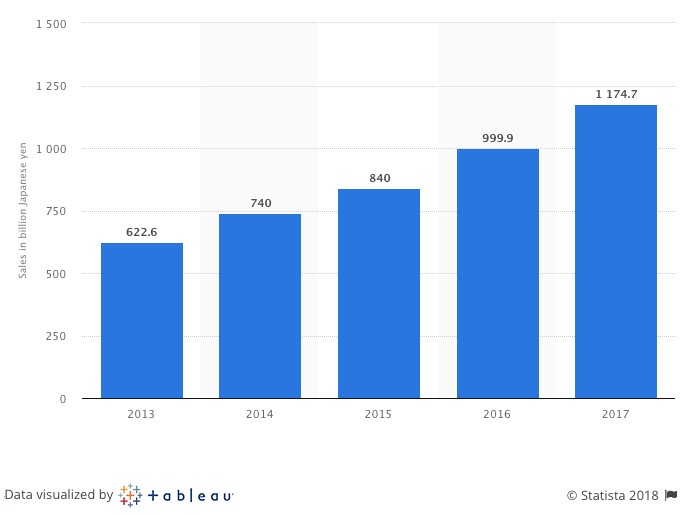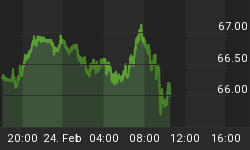Japan’s anti-monopoly authorities have raided Amazon’s Tokyo unit on suspicion that, in its attempt to grab more market share, the online retail giant may have violated anti-trust laws by demanding illegal payments from suppliers.
Citing ‘sources close to the matter’, Japanese media reported early Friday morning that the Japan Free Trade Commission (JFTC) launched the raid late on Thursday over concerns that Amazon had been demanding payments from suppliers and forcing them to foot the bill for discounts offered on the online marketplace, in violation of Japanese law.
Under Japanese anti-trust laws, companies holding a position of strength are prohibited from using their position to make demands on other parties that earn what are classified as illicit profits in Japan.
According to the Japanese daily Asahi Shimbun, Amazon may have been demanding a “collaboration fee” from suppliers to cover discounting, while Japan’s NHK public broadcaster reported that Amazon had threatened to stop working with suppliers who would not collaborate.
In late February, reports emerged that Amazon Japan had begun asking suppliers in November last year for what media dubbed “cooperation payments” in an attempt to shift the burden of rising costs, including shipping, to the retail giant’s business partners.
Those payments, according to reports, were to have begun in January this year. Citing manufacturer sources, reports claimed that Amazon set a flat rate of 2 percent for producers of food and other daily essentials, and a flat rate of 1.5 percent for other vendors.
Suppliers weren’t happy; but as one household good maker told Japanese media: “For a small or midsize company, losing business with Amazon would be a matter of life and death.” Related: Alibaba Soars On Reports Of China Listing
It is unclear whether there will be any repercussions, and Amazon Japan has said it is fully cooperating with the authorities.
Amazon’s rising market share is a major threat to Japanese rivals in the sector, and this is the second time in two years that Japanese authorities have raided Amazon’s Tokyo unit.
The first raid took place in August 2016, when anti-trust authorities suspected Amazon of signing contracts with suppliers that forced them to lower prices to compete with rivals. Almost a year later, that raid resulted in Amazon’s retraction of specific conditions in its contracts with suppliers.
Japan is Amazon’s third-largest market after the US and Germany, and it is taking over market share from the country’s large online retailers, Rakuten and Start Today.
It is unclear exactly how much market share Amazon has scooped up from its rivals, with various media citing divergent figures. Some put Amazon’s market share at 23 percent, and Rakuten’s at just over 18 percent.
Amazon Japan’s sales revenues (in billion Japanese yen) experienced a rapid rise from 2013 to 2017.

(Click to enlarge)
Rakuten is fighting back. In January, it announced a tie-up with Walmart to challenge Amazon in online groceries. Earlier this month, it said it was planning to launching a new borderless cryptocurrency, RakutenCoin, in its push to regain market share.
By Fred Dunkley for Safehaven.com
More Top Reads From Safehaven.com:

















